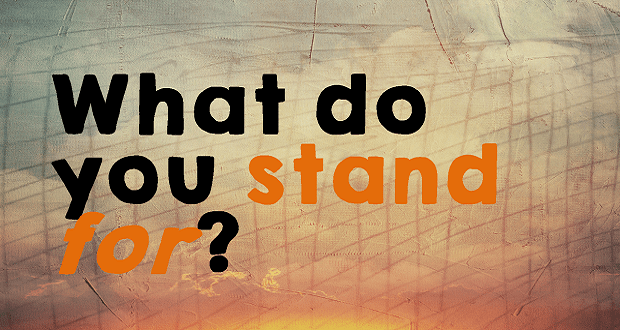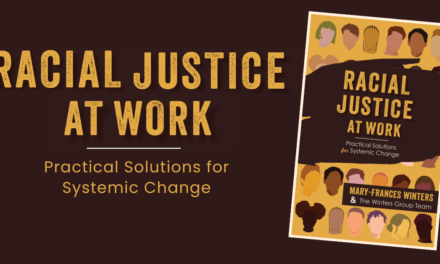Even though I have been in the D&I business for over 30 years, I am still surprised at how little progress we have made in our quest to create inclusive cultures in organizations and in the world in general. Since the election of Donald Trump as the president of the United States, I have not only been surprised but shocked at his rhetoric and his apparent anti-inclusion worldview based on the decisions that he’s made that fly in the face of inclusion principles. For this piece, I will not address any of those things I am shocked about as it relates to the current administration and other horrifying events (e.g. recent lynching of an 8-year-old bi-racial boy; Charlottesville; Colin Kaepernick and so many more), but I will share a few of my “surprises”.
In a session with an organization this week, one of the white participants had an “aha” moment. It was an excellent learning experience for her, but I was surprised that she did not know that people of color carry their race with them all of the time. She admitted that she never thinks about her race. When I said that I always think about my race and other people of color concurred, she was surprised. This is from a person who has traveled to many countries and has, over the years, been a part of many multicultural groups as a part of her profession. I was surprised that she at least had never heard that sentiment before.
I am surprised when I hear from mostly millennial folks that I come into contact with that they are “tired” of having to teach white people what it is like to live as a person of color. My response is, “If not you, who?” I am surprised that at such a young age, they are “tired” of taking advantage of these opportunities to educate. Those of us who have been in the trenches much longer are tired as well, but we just keep toiling on.
I am surprised at how much diversity practitioners working inside large institutions continue to try to protect their leadership from authentic dialogue. Sometimes dubbed as white fragility, it is the attempt to not in any way make leadership feel uncomfortable. Common comments include: “our culture is not ready for this”; “the leadership can only hear it if it is said this way”; “we want to convey a positive message”; “leaders should leave the session feeling good about the experience”. If we continue to couch our messages that way, very little progress will be made. I believe in meeting people where they are, but I also believe in supporting people in leaning into their discomfort while they are learning.
I am surprised (and maybe this one should not surprise me) at the number of people who do not think they have anything to learn on this topic. “I am black. I live the experience, so I don’t need diversity training.” “I get it. I don’t need this stuff shoved down my throat.” “I really only think we need a couple of hours to teach my team about diversity.” I view inclusion as a competency, and like any other competency, you develop through stages of ability which takes time and effort.
This is just a small sample of those things that continue to surprise me. I am going to be more intentional about keeping track of my daily surprises and may write again on this topic.




















I’m not a millennial, I’m a baby boomer, and I agree with the exhaustion and unwillingness to continue teaching white people about race, although I do it in certain circumstances (mostly formal workshops and program activities, which feels different from white acquaintances, not friends, asking, “What should I do / read / watch?”). For generations black and brown people have taken care of white people’s homes, their children, their property, and grounds. We’ve fed them, diapered them, shopped for them, cleaned up after them, mowed their lawns, and so on and on and on. There are so many really good books, websites, movies, and more that white people can turn to TO EDUCATE THEMSELVES. Then they can engage from a place of learning instead of coming to us once again to have people of color take care of their needs. Please stop asking me to take care of you.
Thank you for your comment. I still think there has to be the desire to learn and then there has to be someone to interpret, help them understand and process the information. It is an investment in time and energy and seeing the value in learning about the experiences of others. Too many think they already understand and it takes an aha experience to shake them from their comfort zone. The Winters Group is dedicated to helping people have that transformative experience which shifts perspectives. Once again, I appreciate you taking the time to write.